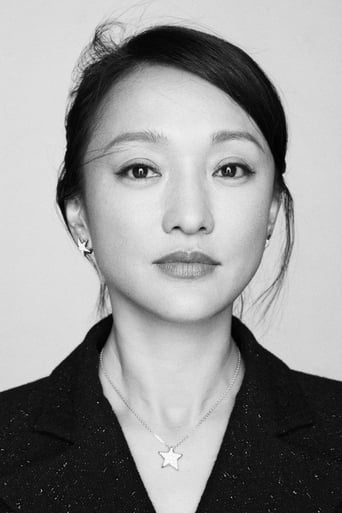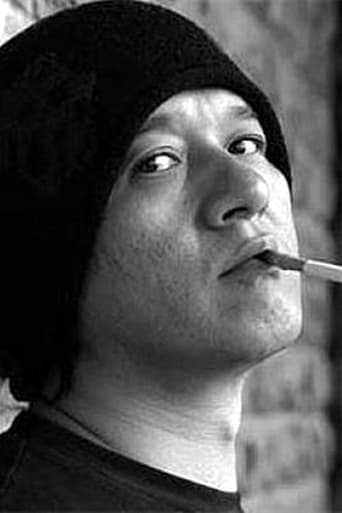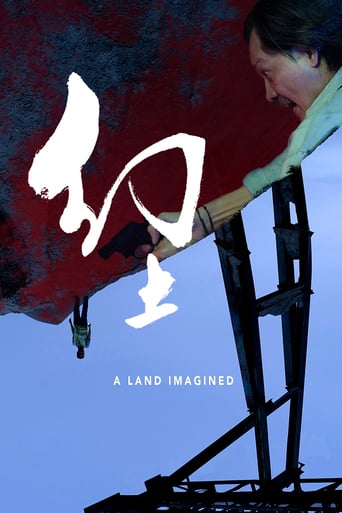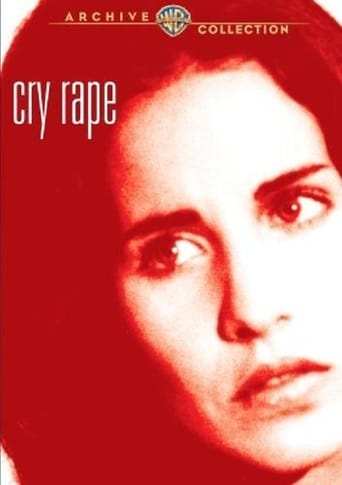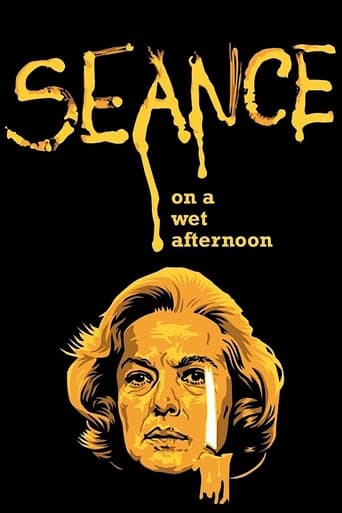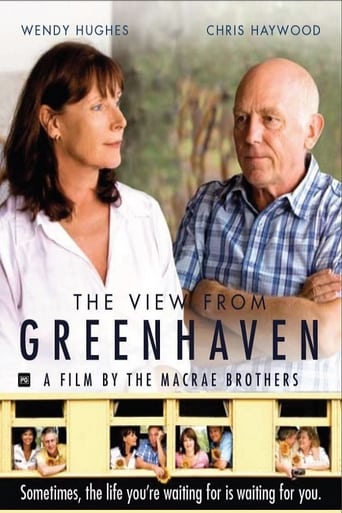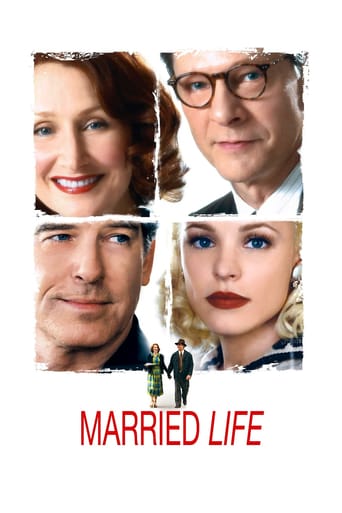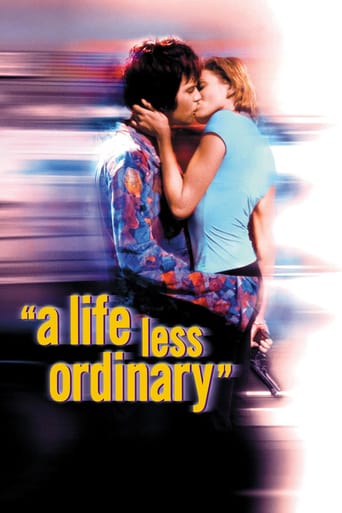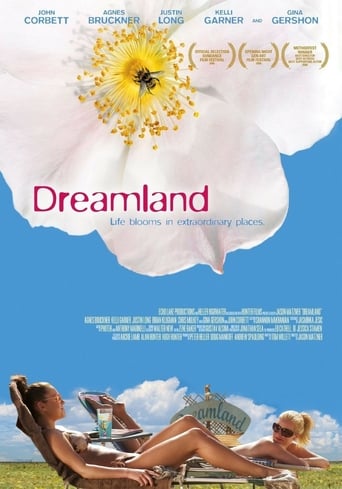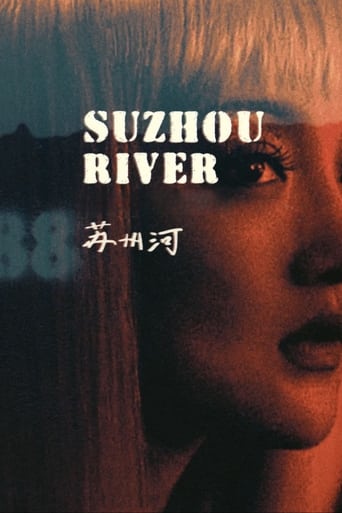
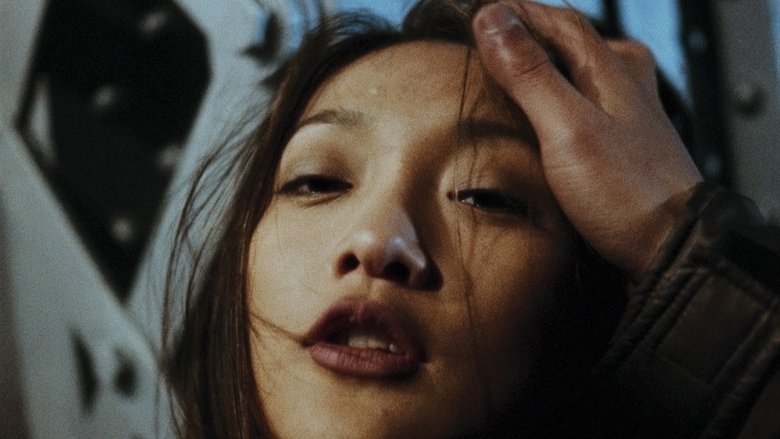
Suzhou River (2000)
After getting out of prison, small-time crook Mardar stumbles upon a woman who looks exactly like his long-lost lover.
Watch Trailer
Cast
Similar titles
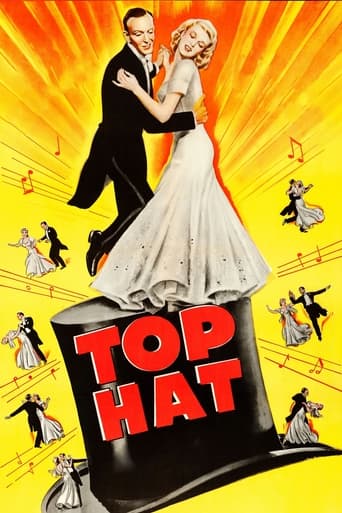
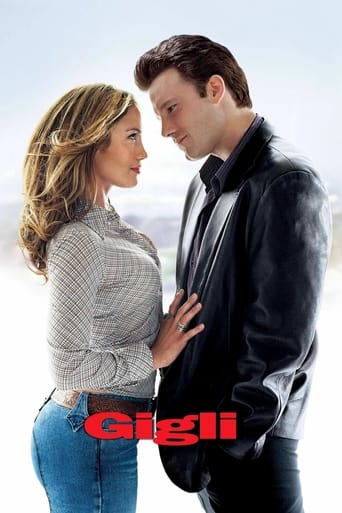
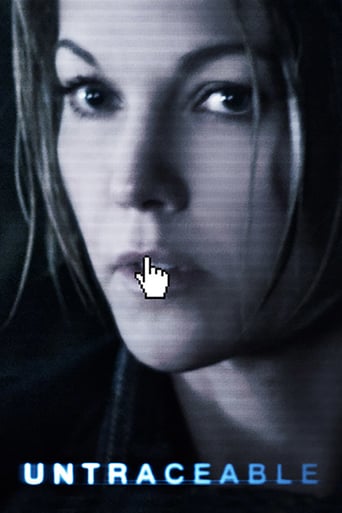
Reviews
Simply A Masterpiece
Disturbing yet enthralling
Absolutely amazing
A clunky actioner with a handful of cool moments.
Water and the color yellow pervade Suzhou River almost as much as the grime and decay that seems to seep out of present-day Shanghai. The Suzhou River itself, rainy sequences from an early scene of Meimei undressing to when Mardar is beaten to when Mardar's and Moudan's bodies are fished from the river, the water tank where Meimei performs, and flooded streets all give Suzhou River a feeling of washed out stagnancy. Most of the light in Suzhou River has a yellowish tinge (like the recurring yellow light bulb motif); Meimei's houseboat/crane/home, ashtrays, phone booths, beer glasses, neon lights, nightclub chairs, shadowy alleyways, rain coats, Meimei's blonde wig all of these things infuse the film with a "yellowed feeling," like an old photograph or an aged videotape. Ye Lou's use of water and yellow infuse the film with a surrealism of sorts, something with often clashes with the documentary style. The fragmented narrative, flickering lightbulbs, myriad flashbacks, and hand-held cameras allow Ye Lou to present a twisted vision of reality, full of metaphysical complexity. Out of the fragmentation, Ye Lou constructs an order somewhere between magic realism, a documentary, and surrealism. Not unlike Alfred Hitchcock's Vertigo combined with Chris Marker's fictional-documentary style (Sans Soleil, La Jeteé) and completed with Lars von Trier's famed Dogme 95 style (the monochromatic, dystopic Element of Crime, The Idiots), Le You's Suzhou River comes across as a brilliant fragmentation, and a fascinating meditation on fleeting moments lost to time. Le You truly distances his film from the films of the Fifth Generation (it could not be more different from Zhang Yimou's Red Sorghum or Chen Kaige's Yellow Earth), and truly infuses the so- called Sixth Generation with a style of their own. Le You creates a dystopia somewhere between the surreal and the nonfictional. With a uniformity of dereliction, Le You presents Shanghai as something of a degraded industrial trash dump, full of decaying tableaux and stagnant water, but with the occasional glimpse of the divine (the mermaid imagery). In this world, we never see the videographer (who could, of course, be a "stand-in" for the director), who spends his time drinking, smoking, videotaping whatever he can, spray-painting his advertisement on concrete rubble, and sitting at home watching old videotapes. He could not be more alienated from his environment, as we are never even afforded a glimpse of his face. Though he and Mardar romance the "same" woman, the videographer's life lacks the romance and larger-than-life intrigue that makes Mardar's story epic and worth retelling. In the conversation with Meimei (which is repeated twice), she realizes that the videographer wants to live a romantic lie she says that events like Mardar's story only happen in love stories (before she disappears the next day). The videographer, like the modern-day filmmaker, is condemned to "watch." "Nothing lasts forever," says the videographer at the story's end..."I take another drink and close my eyes, waiting for the next story." It seems that the videographer represents the filmmaker's crisis endowed with the gift of storytelling, the videographer is doomed to tell the stories of people like Mardar and Moudan instead of living them. Though at times the line between Mardar/ the videographer and Moudan/Meimei seems blurred, in the end, the videographer and Meimei lose their identities when Mardar and Moudan's story reaches its violent conclusion.
Although I enjoyed watching the movie, I thought sometimes if there's enough substance beneath the beautiful and sometimes poetic pictures. Thinking about this interesting movie and remembering scenes for one day - yes I think there is. The two melancholic love stories are indeed intelligently combined. Surely nothing for the typical popcorn-eaters, but highly recommended for people looking for 'real cinema'.
Set in Shanghai on the banks of the Suzhou River, the story follows a motorcycle courier who one day is asked to deliver a 16yr old girl to her aunt. from this simple yet mysterious beginning a complex and unusual story of lost love and mistaken personality grows. Refreshing and evocative.
Suzhou River's beginning represents an extremely compelling film. It has it all - a great narrative, great acting, great score, and it is emotionally involving. But the director/screenwriter throws it all away when he decides simply to revert back to Sir Alfred Hitchcock's Vertigo. Vertigo is one of those films that is impossible to top, so it is just a waste of time to try. Here is my experience during Suzhou River, after having enjoyed the first 30 minutes or so immensely: I hear the score sampling Bernard Herrmann's Vertiginous theme, and see the camera quoting the film, and my mind immediately jumped back on my dreamlike memories of Vertigo. It's as if Suzhou River disappeared. Near the end, the film started to become a little more original, and my daydreams faded, but I was pretty lost at that point.Don't get me wrong. Suzhou River is still a fine film. I would actually like someone to remake most of it, taking out the Vertigo homage and inserting something more original. 7/10
